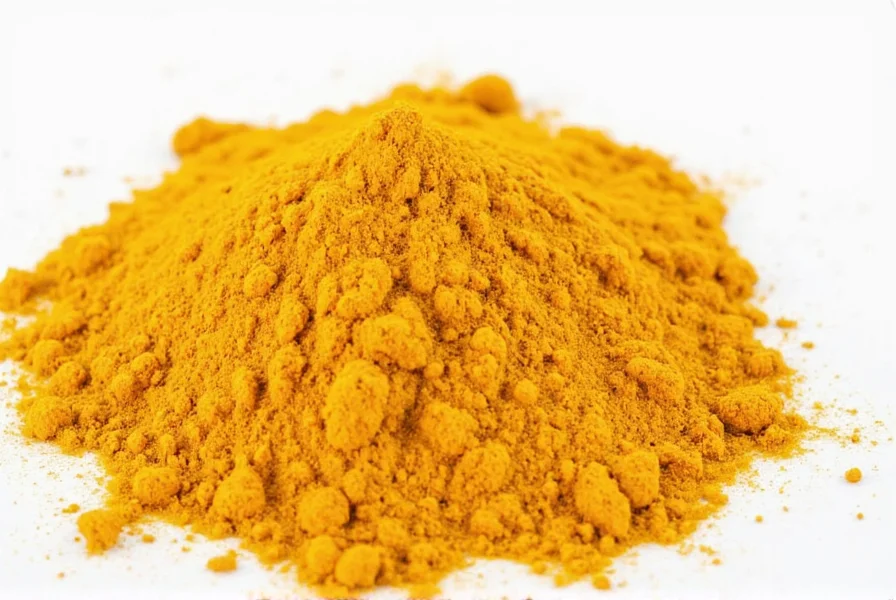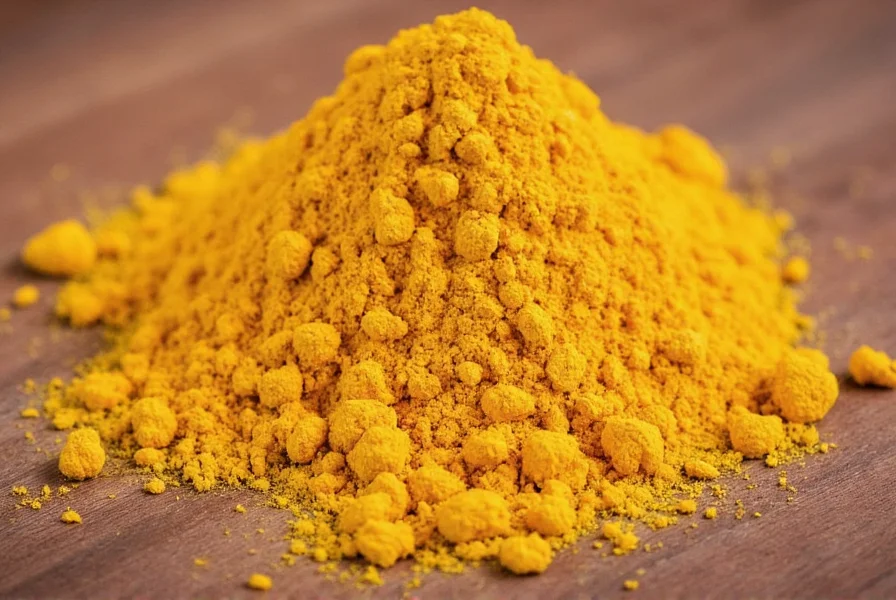Curcumin, the active compound in turmeric, offers numerous health benefits but can stimulate bile production and increase intestinal motility. This physiological effect explains why some people experience loose stools after consuming turmeric supplements. Understanding the relationship between turmeric consumption and digestive health requires examining dosage thresholds, individual susceptibility factors, and proper usage guidelines.
How Turmeric Affects Digestion
Turmeric's impact on digestion stems primarily from curcumin's interaction with the gastrointestinal system. Research published in Food and Chemical Toxicology demonstrates that curcumin stimulates bile secretion from the gallbladder, which aids fat digestion but can accelerate intestinal transit time in sensitive individuals. This increased motility sometimes results in diarrhea, particularly when:
- Consuming high-dose supplements (typically 1,000mg+ of curcumin)
- Taking turmeric on an empty stomach
- Having pre-existing digestive conditions like IBS
- Combining with other digestive stimulants like black pepper
A 2022 clinical review in Nutrients noted that approximately 8% of participants in turmeric supplement trials reported mild gastrointestinal discomfort, with diarrhea being the most common symptom. These effects were predominantly observed at doses exceeding 8 grams of turmeric root extract daily.

Dosage Thresholds and Safety
The World Health Organization considers 0-3 mg of curcumin per kilogram of body weight daily as acceptable. For most adults, this translates to:
| Consumption Method | Typical Curcumin Content | Diarrhea Risk Level |
|---|---|---|
| Culinary turmeric (1-3g powder) | 30-90mg curcumin | Very Low |
| Standardized supplements (500mg) | 400-500mg curcumin | Moderate |
| High-potency supplements (1,000mg+) | 800-1,000mg+ curcumin | High |
Most digestive issues occur with supplemental doses providing more than 1,000mg of curcumin daily. The European Food Safety Authority notes that single doses above 2,000mg may cause gastrointestinal disturbances in susceptible individuals. Interestingly, some studies suggest turmeric may actually improve digestive health at lower doses, highlighting the importance of appropriate consumption levels.
Individual Risk Factors
Certain factors increase susceptibility to turmeric-induced diarrhea:
- Gallbladder conditions: Turmeric's bile-stimulating effect can exacerbate issues in people with gallstones or bile duct obstruction
- IBS and IBD: Those with inflammatory bowel conditions may experience symptom flare-ups
- Medication interactions: Blood thinners and diabetes medications may compound digestive effects
- Genetic factors: Variations in UGT enzymes affect curcumin metabolism
A 2021 study in Phytotherapy Research found that individuals with slow curcumin metabolism were three times more likely to experience digestive side effects. This explains why some people tolerate high doses without issues while others develop diarrhea from modest amounts.
Preventing and Managing Digestive Issues
If you're concerned about can turmeric supplements cause digestive issues, consider these evidence-based strategies:
- Start low, go slow: Begin with 250-500mg daily and gradually increase over 2-3 weeks
- Take with food: Consuming turmeric with meals reduces gastric irritation
- Choose quality formulations: Look for supplements with phospholipids or turmeric essential oils instead of black pepper extract
- Monitor timing: Avoid taking turmeric supplements before bedtime when digestive motility naturally increases
- Stay hydrated: Counteract potential fluid loss from loose stools

For those experiencing turmeric side effects on digestion, temporarily reducing your dose or switching to culinary turmeric in cooking often resolves symptoms within 24-48 hours. If diarrhea persists beyond 72 hours after discontinuing turmeric, consult a healthcare provider to rule out other causes.
When to Consult a Healthcare Provider
While does turmeric cause diarrhea is commonly a temporary, dose-dependent issue, seek medical advice if you experience:
- Diarrhea lasting more than 3 days after stopping turmeric
- Blood in stool or black, tarry stools
- Severe abdominal pain or cramping
- Symptoms of dehydration (dizziness, reduced urination)
- Unexplained weight loss alongside digestive issues
These could indicate underlying conditions unrelated to turmeric consumption. Healthcare providers can help determine whether your symptoms relate to curcumin and gastrointestinal side effects or require further investigation.
Conclusion
Turmeric remains a valuable dietary component with numerous health benefits when used appropriately. The key to avoiding digestive issues lies in understanding your personal tolerance threshold and adjusting consumption accordingly. For most people, culinary use of turmeric poses minimal risk, while supplement users should follow dosage guidelines and consult healthcare providers when combining with medications. By recognizing individual susceptibility factors and implementing practical usage strategies, you can safely enjoy turmeric's benefits while minimizing potential digestive discomfort.
Can small amounts of turmeric in food cause diarrhea?
Culinary amounts of turmeric (typically 1-3 grams in cooking) rarely cause diarrhea in healthy individuals. The curcumin content in food preparations is usually too low (30-90mg) to trigger digestive issues. Problems typically occur only with concentrated supplements providing 1,000mg+ of curcumin daily.
How quickly does turmeric cause diarrhea after consumption?
Symptoms typically appear within 2-6 hours after consuming high-dose turmeric supplements. The timing varies based on individual metabolism, stomach contents, and specific formulation. Some sensitive individuals may experience effects within 30-60 minutes, especially when taking supplements on an empty stomach.
Does black pepper in turmeric supplements increase diarrhea risk?
Yes, piperine in black pepper (often added to enhance curcumin absorption) can increase gastrointestinal side effects. Studies show that formulations containing 20mg of piperine may double the risk of digestive issues compared to piperine-free supplements. If you experience diarrhea, try switching to a black pepper-free formulation.
Can turmeric help with diarrhea in some cases?
Paradoxically, low-dose turmeric may help certain types of diarrhea. Research indicates curcumin's anti-inflammatory properties can benefit inflammatory bowel conditions at appropriate doses (typically 500mg daily). However, high doses often have the opposite effect, demonstrating turmeric's dose-dependent impact on digestive health.
Are there alternatives to turmeric that provide similar benefits without digestive issues?
Ginger offers similar anti-inflammatory benefits with fewer digestive side effects for most people. Turmeric extracts standardized to lower curcumin percentages (25-40%) or water-soluble formulations may also reduce gastrointestinal issues while maintaining therapeutic benefits for those who prefer turmeric specifically.










 浙公网安备
33010002000092号
浙公网安备
33010002000092号 浙B2-20120091-4
浙B2-20120091-4